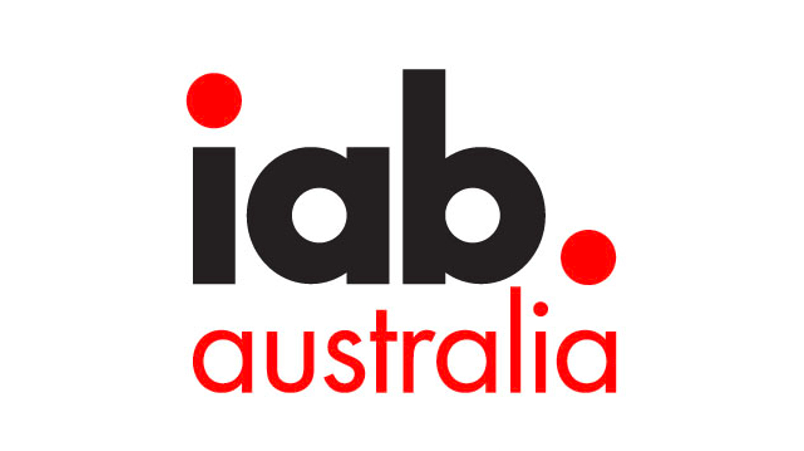Google fined $60m over Android location data collection, ACCC hints at more to come, warns others to get consent in order

ACCC Chair Gina Cass-Gottlieb: "A strong message to digital platforms and other businesses, large and small, that they must not mislead consumers about how their data is being collected and used."
Google has been fined $60m for misleading consumers about the location data it was collecting. The ACCC warned that it was just the first enforcement as it works through its digital platforms inquiry – which has three years left to run and in tandem with the Privacy Act overhaul, has the digital ad industry facing major disruption.
What you need to know:
- Google fined $60m after ACCC brought case to Federal Court over Google misleading users over location data collection.
- ACCC warns just the first enforcement case as it works through huge digital services inquiry.
- Other firms put on notice to ensure data collection and tracking is properly consented.
This is the first public enforcement outcome arising out of the ACCC’s Digital Platforms Inquiry.
Google had been fined $60m for historic location data collection practices on Android devices.
The ACCC took the web giant to court for breaches of Australian Consumer Law. Google had told users that its ‘location history’ setting was the only account setting that affected whether it collected, kept and used personally identifiable data about their location.
But another account setting ‘web & app activity’ also enabled Google to collect, store and use personally identifiable location data when it was turned on, and that setting was turned on by default.
The Federal Court ordered Google to pay $60m for the breach, which took place in 2017 and 2018.
The ruling comes as the ACCC works through a five-year programme of digital and data reforms, with its digital platform services inquiry midpoint review due to report to Treasury next month. The ACCC has outlined six remedies that if implemented would have significant implications for Google’s dominance of large swathes of the digital advertising industry.
In tandem with the ACCC’s reviews, the Attorney-General’s privacy overhaul has mooted major changes to data collection and tracking, what constitutes 'personal information', and how businesses gain consent from consumers. The ability to simply and concisely explain how personal data is used to the layman may determine what kinds of data can be collected. The nuclear option is that anything but postcode data could be deemed too sensitive.
Privacy and consumer law specialists are already questioning whether data practices by other publishers – such as Nine, Seven and News – should be probed.
More fines incoming
New ACCC Chair Gina Cass-Gottlieb said Google’s $60m fine “sends a strong message to digital platforms and other businesses, large and small, that they must not mislead consumers about how their data is being collected and used”.
She added: “Personal location data is sensitive and important to some consumers, and some of the users who saw the representations may have made different choices about the collection, storage and use of their location data if the misleading representations had not been made by Google.”
The ACCC estimates that around 1.3m Google account users may have been affected by the misleading information, which Google had rectified by 20 December 2018.
Cass-Gottlieb shot a warning to other firms now collecting troves of personal data and hinted at further actions to come.
“Companies need to be transparent about the types of data that they are collecting and how the data is collected and may be used, so that consumers can make informed decisions about who they share that data with,” said Cass-Gottlieb said.
“This is the first public enforcement outcome arising out of the ACCC’s Digital Platforms Inquiry.”







